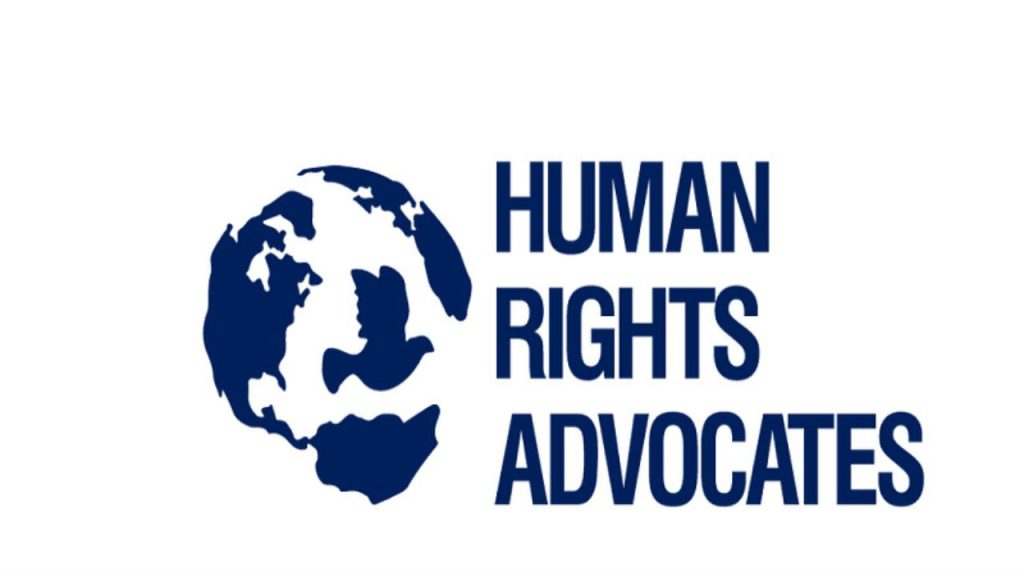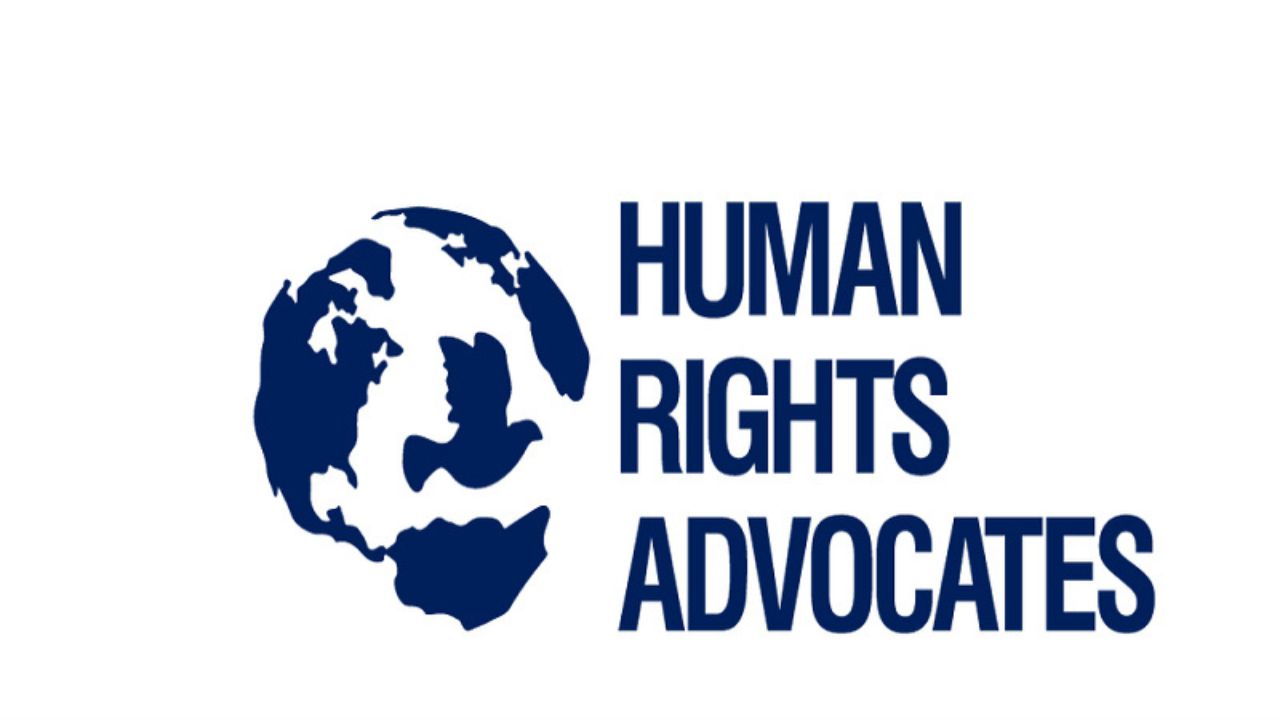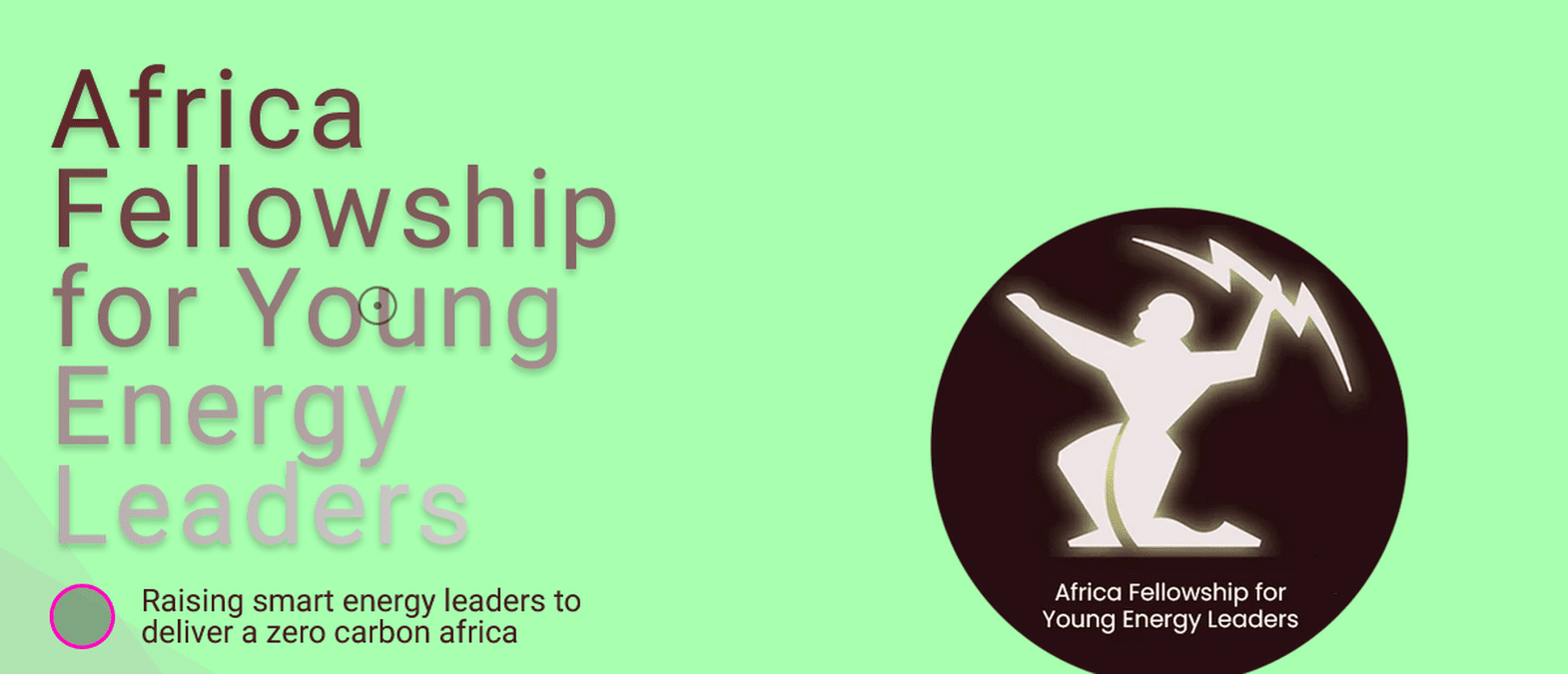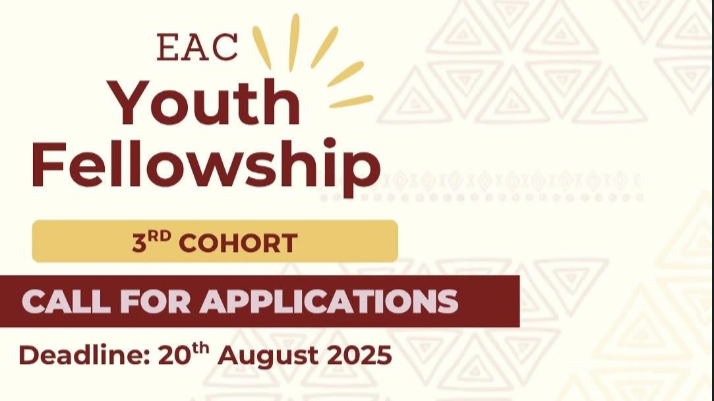Applications are currently open for the 2026/2027 Human Rights Advocates Program (HRAP) at Columbia University’s Institute for the Study of Human Rights (ISHR), with a deadline of December 1, 2025. This established program has been empowering grassroots human rights defenders from around the world since 1989. By leveraging the resources of Columbia University and its New York City location, HRAP provides participants with essential tools, knowledge, and networking opportunities to amplify their work.

Program structure and timeline
The 2026/2027 program will consist of two phases:
- Online Component: A virtual training phase will run from November to December 2026.
- On-Campus Session: An intensive, in-person program will take place in New York City from mid-January to mid-May 2027.
Program benefits
HRAP is designed to offer a comprehensive and immersive experience for advocates. Key benefits include:
- Academic and Skills-Building: Participants engage in specialized workshops on topics like strategic litigation, project design, fundraising, and advocacy. They also audit graduate-level courses at various Columbia University schools, including the Law School and the School of International and Public Affairs.
- Mentorship and Networking: Each advocate is assigned a faculty mentor from Columbia University. Participants also build extensive networks by meeting with leading human rights organizations, policymakers, donors, and alumni in New York and during a special trip to Washington D.C..
- Organizational Strengthening: The program provides a rare opportunity for advocates to step away from their daily work, reflect critically on their strategies, and develop future campaigns to strengthen their home NGOs.
- Resource Access: Advocates gain full access to Columbia University’s vast resources, including its libraries and academic network.
Scholarship and funding
Limited scholarships are available to cover program costs for successful applicants, though funding is not guaranteed for everyone.
- Scholarship Process: The ISHR makes every effort to secure funding for shortlisted advocates after a stringent selection process.
- Self-Funding: In some cases, shortlisted candidates may be asked to secure their own funding for participation.
- No Separate Application: There is no separate application for scholarships. Funding-related questions are incorporated into the main HRAP application.
Eligibility
HRAP targets experienced, mid-career professionals who are actively working in human rights at a grassroots level.
- Professional Role: Applicants must be full-time, grassroots human rights activists employed by a non-governmental organization (NGO).
- Backgrounds: The program is open to a variety of professionals, including lawyers, journalists, doctors, social workers, and community organizers.
- Focus Areas: Advocates work on a wide range of issues, such as LGBTQI+ rights, environmental justice, gender-based violence, indigenous peoples’ rights, labor rights, and corporate social accountability.
- Organizational Endorsement: Candidates must provide proof of institutional endorsement from their current organization, which must also commit to having them return after the program.
- Geographic Focus: The program primarily seeks candidates from non-high-income countries, though exceptions are made for advocates from high-income countries who represent marginalized communities.
- English Fluency: Fluency in English is required.
- International Experience: Preference is given to advocates who have had limited prior international study opportunities.
- Ineligible Candidates: Full-time students, academics, and government officials are not eligible to apply.
Application process
The entire application must be completed and submitted online by December 1, 2025 (11:59 pm ET).
- Register: Create an account on the ISHR website.
- Complete Application: Fill out the online application form.
- Gather Documents: Prepare the following materials in English:
- Completed online application
- Two letters of recommendation from individuals outside your organization
- Formal letter of institutional support from your NGO
- Detailed Curriculum Vitae (CV)
- Personal statement explaining your advocacy goals
- Highest university diploma and transcript (if applicable)

I’m Peter, an education content creator focused on schools and colleges. I share news, tips, and insights that help students, parents, and educators stay informed and inspired. My goal is to make learning resources accessible, engaging, and useful for everyone in the academic community.



